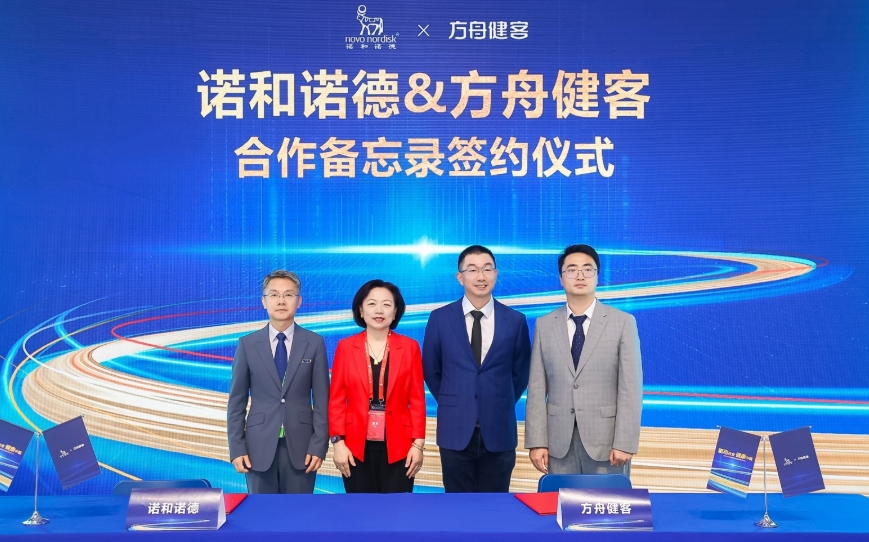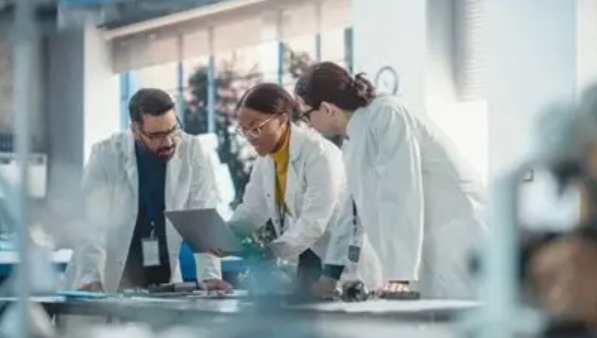
Special Ministerial Conference for ASEAN Digital Public Health
A special Ministerial Conference was held in October 2021 in Singapore by prolific speakers around the key importance of intra-regional and multi-sectorial collaboration to strengthen ASEAN’s healthcare industry. The event culminated with the unveiling of EVYD Technology’s EVYD Knowledge Hub – a community platform that seeks to engage and connect public health stakeholders – showing their commitment to spur collaboration and scientific policymaking in ASEAN moving forward. Chua Ming Jie, Chief Executive Officer at EVYD Technology provided further deeper perspective on how technology can truly transform the healthcare industry, and create better accessibility for the underprivileged or marginalized.
Why was the conference organised, and what were the key insights gained from the event?
The conference was organised to gather ASEAN leaders including Ministers of Health, Finance and Economy, policymakers, researchers and thought leaders in the public health sector to share their knowledge and perspectives around the current pandemic, which continues to inflict a significant impact on the economic recovery of ASEAN countries today. Moreover, public health strains on frontline workers and resources, the rise of a rapidly aging population and the surge of chronic diseases in the region, heighten the urgency for leaders to convene and strategize viable and sustainable solutions to improve our future healthcare systems. Themed “Collaborate for a happier and healthier world post-pandemic”, the aim of this year’s conference was to encourage intra-regional collaboration and ultimately drive conversations on how we can build resilient healthcare systems that can withstand future public health emergencies.
Several key insights that were shared during the two-day conference include the importance of adopting and incorporating new technologies and Big Data to drive better efficiency in our healthcare; the need for open collaboration between different national governments and stakeholders to improve the region’s collective response towards future emergencies; the pivotal role that community engagement and public surveillance play in creating an early-warning system for emerging pandemics; and the importance of public health financing in research, which serves as a long-term investment that will help to improve patient and health outcomes.
Industry Insights
What are some key trends, opportunities or challenges you foresee for the healthcare industry moving forward?
Public healthcare is a highly complex sector that involves multiple stakeholders at all levels, but there are several key trends that we foresee moving forward.
Firstly, digital acceleration will continue to transform traditionally offline industries such as healthcare. While the adoption of technology and the use of Big Data is not a new concept, COVID-19 has certainly heightened the need for such solutions to create efficient healthcare systems that can cater to the various needs of citizens.
Secondly, increased collaboration between private and public sectors as well as different healthcare stakeholders is something we anticipate and hope to drive moving forward. As this conference has shown us, knowledge sharing is key for the region’s healthcare system to improve collectively. To respond effectively to public health crises, there is a need for different healthcare stakeholders to collaborate on an international, multi-lateral and regional level and we hope that this conference will serve as a pivotal first step forward in driving this collaboration. As part of our commitment to do so, we officially launched several initiatives during the event:
How important is Big Data and the adoption of technology in transforming our healthcare systems?
As mentioned, the adoption of technology and the use of Big Data is not a foreign concept and they have been fundamental in transforming the way in which traditionally offline industries such as healthcare operate in the new normal. COVID-19 and the long-standing issues around healthcare strains on manpower and resources, an aging population, and the rise of chronic diseases in our region have heightened the urgency for national governments to utilize these solutions to improve the efficiency of our healthcare systems.
At EVYD Technology, we believe that scientific research stemming from the use of Big Data is extremely important in healthcare. We know that there is an abundance of data out there, especially during the COVID-19 outbreak, where we saw an explosion of data as national governments started collecting and analysing public data around exposure risks. This brings out a key question - how do we utilize them to optimise sharper insights that will help to initiate more targeted action and measures to curb the spread of the virus? Once we obtain these insights, we can utilise them to better inform policymaking to drive outcome-based precision healthcare that can ultimately benefit citizens and patients.
Seen in this perspective, technology and Big Data are essentially tools to allow for the provision of services to be done at efficiently at scale, and it can potentially help to lower healthcare spending, redirecting these funds into improving our digital healthcare infrastructure.
EVYD Technology & EVYD Knowledge Hub
What is the problem or issue that EVYD Technology and EVYD Knowledge Hub are hoping to solve in the healthcare industry?
Time is of the essence in the healthcare industry – and we see this play out during the COVID-19 and the recent Delta variant outbreaks. As such, our main mission at EVYD Technology is to address this need for timely data which will help to influence decision-making and policymaking to drive better healthcare outcomes for the citizens. Therefore we are proactively working with national governments and healthcare researchers to extract actionable insights using the data gathered, to drive outcomes in the real world.
However, one of the potential issues that may arise is that national governments and private organizations may not be as receptive towards data-sharing and may selectively withhold data to safeguard political and economic interests. To address this, the conference emphasized the need to build intra-regional trust between different stakeholders in the ASEAN region, to allow for true knowledge sharing and collaboration in order for our healthcare systems to thrive. It is also why we decided to launch our community arm – EVYD Knowledge Hub – to spearhead this collaborative aspect.
What are EVYD Technology’s plans in the region for the next five years?
This conference was the first of our many initiatives coming up.
In the next five years, our growth vision includes strengthening our data processing capabilities, allowing our partners to extract insights from their data more securely, efficiently, and accurately. We will leverage techniques such as federated learning to enable collaboration learning at scale.
We are also planning to embark on more strategic collaborations with healthcare experts and researchers to tap into and translate their knowledge and expertise into actionable insights that can drive measurable outcomes in the real-world.
Lastly, we strive to continue to apply our expertise and solutions to solve more real-life issues. This time, we started with pandemic response, and quickly expanded to infectious diseases surveillance, followed by population health management and digital therapeutics. In the long term, we hope to also facilitate value-based care for patients. This will be an exciting journey and we believe that we are on the right track to get there.
Hithaishi C Bhaskar
hithaishi.cb@mmactiv.com




